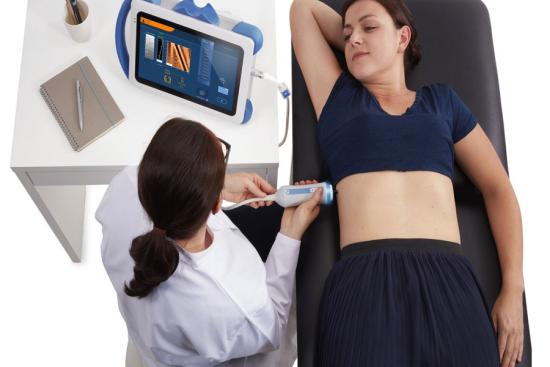Persistent fatigue, slow digestion, abnormal liver tests… could your liver be trying to tell you something?
Instead of waiting or undergoing invasive tests, a liver Fibroscan offers a modern, fast, and painless way to understand the true condition of your liver.
In Turkey, this state-of-the-art technology has become a benchmark in liver imaging. It allows specialists to assess liver health with remarkable precision without needles, anesthesia, or hospitalization.
Liver Fibroscan costs in Turkey
The cost of a liver Fibroscan in Turkey typically ranges from $165 to $330 USD, depending on the clinic, the equipment used, and the services included, such as consultation and result interpretation.
Want to know the exact price for your case? Simply share your medical records with one of our Turquie Santé health advisors, and we will quickly provide a free, personalized, and no-obligation quote from our partner clinics and hospitals in Turkey.







